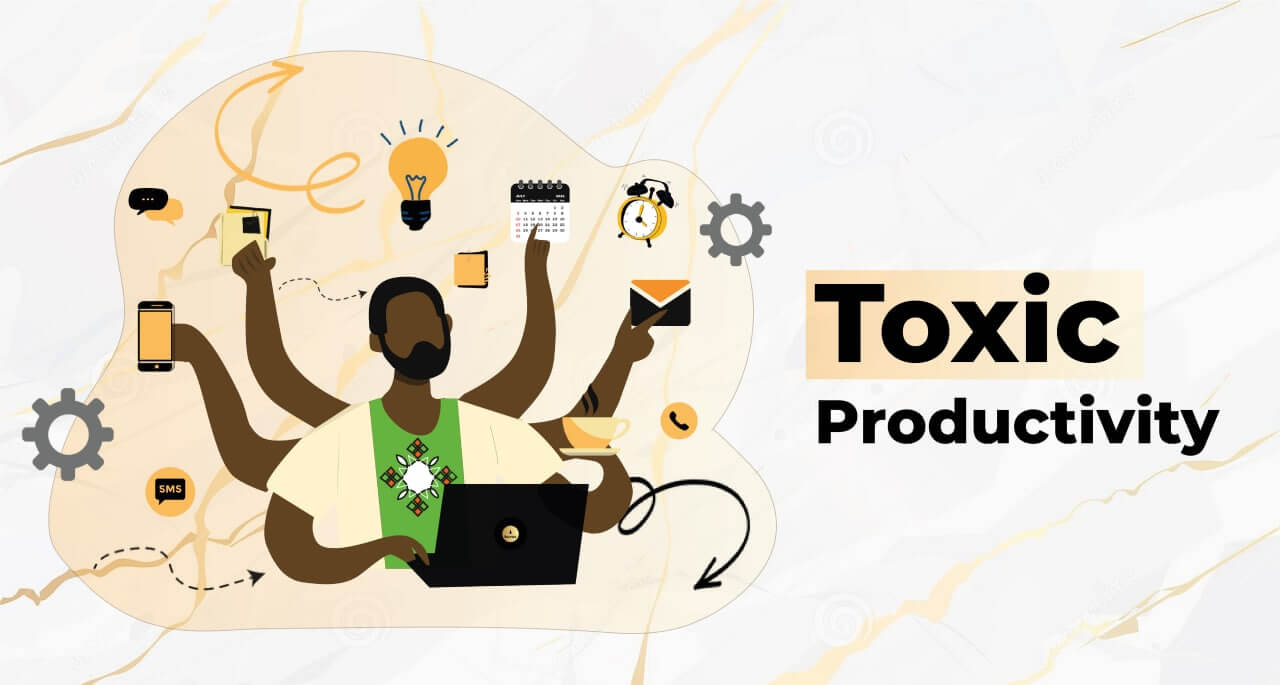
Toxic Productivity
Many of us plan so that we spent a productive day wondering to do our planned tasks. Productivity is essential in order to live our life happily and in a managed and effective way. But what if I told you there is a situation where our doing is our undoing. In simple terms we would plan to take care of various tasks and these tasks would be overwhelmingly out of our control and messes up our productive day leading to toxic productivity.
Toxic Productivity, also referred as action bias, is what happens when we go way beyond realistic expectations and become fixated on constant productivity and our productivity utterly goes bad. We set what we won’t be addressing and it’s actually happened to you.
You're not alone if you feel overworked, pressured, and unable to "switch off." Workaholism and "going the extra mile" at all costs, as well as skipping social activities or neglecting your own sleep, exercise, or health, put your physical and emotional welfare at danger. The constant rush of the workplace can lead to toxic productivity, which is overworking at the expense of other aspects of your life.
Due to the tendency for overwork to be portrayed positively, it can be challenging to recognize this harmful mindset. Fortunately, you can move away from toxic productivity and recover your life once you become aware of it. Today, we'll go through five suggestions for avoiding toxic productivity.
Focus on what’s important
One of the important step to practice to combat toxic productivity is to separate and prioritize tasks according to the Eisenhower Matrix. The matrix is simple: on one axis, you have importance, and on the other you have urgency. This results in four categories:
- Urgent and important
- Not urgent but important
- Urgent but not important
- Neither urgent nor important
The first quadrant is clearly your top priority. After that, make time each day for something from quadrant two. Three and four should be avoided, as they risk sucking up your time for minimal to no impact.
This ensures that you’re making progress on things that are meaningful to you and your life, either personally or professionally.
Practice Professional Detachment
This might be a new term in your vocabulary. However, it’s also one of the most powerful things you can do to break free of toxic productivity and avoid burnout.
Professional detachment is the ability to distance oneself from emotions during uncomfortable and stressful times at work. It was coined by Laurie Ruettimann. Practicing professional detachment starts by understanding that you are not your job. Your job is just one part of your life. If you miss the mark on something at work, it doesn’t reflect your worth as a person. Perspective is everything.
Schedule Time to do nothing
Learn and practice to disengage from your work and have some time to do nothing. Take some time each day or each week to shut off completely. Go for a walk with no destination in mind and Meditation could be some possible ideas to try on.
Separate your work time and personal time
Restore your work-life balance by picking a point of separation from work time to private time and sticking to it. Respect your boundaries between work life and personal life. Spend time with your family, practice a favorite hobby, or get a little extra sleep. Come back to work refreshed and rejuvenated, rather than stressed and depressed.
Practice breaks in your schedule
The fifth tip on list helps you to include breaks in your work and see the difference on your overall performance. Practice different time management methodologies like the pomodoro technique in order to spend to be productive in your work. Add 10-to-20-minute buffers before and after meetings to give you time to prepare and decompress.
Whatever your preferred break is, make sure to take one to manage your energy, prevent exhaustion, and actually boost productivity.




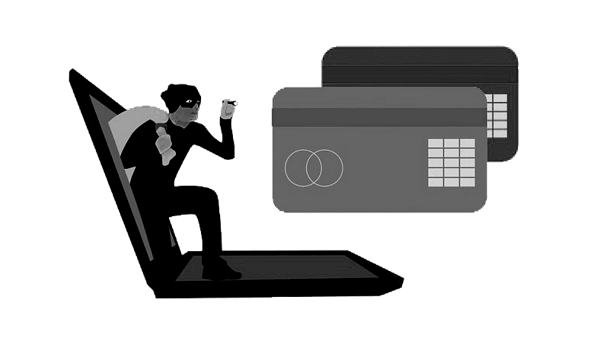



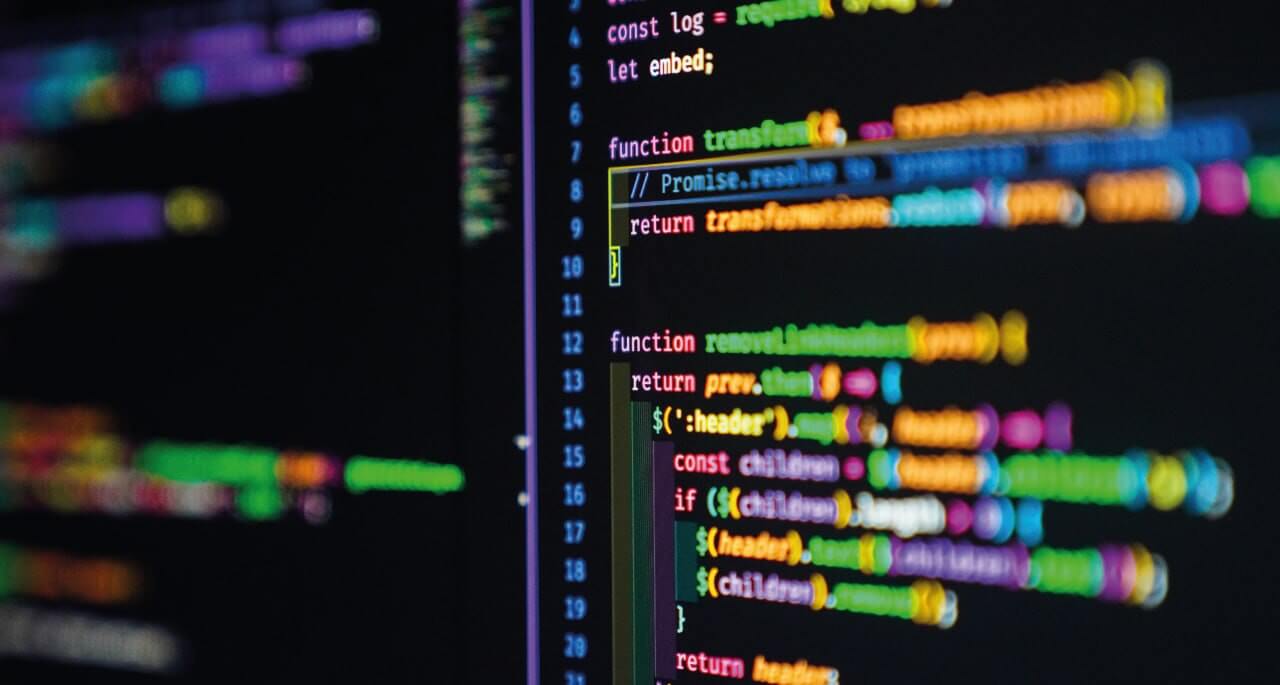


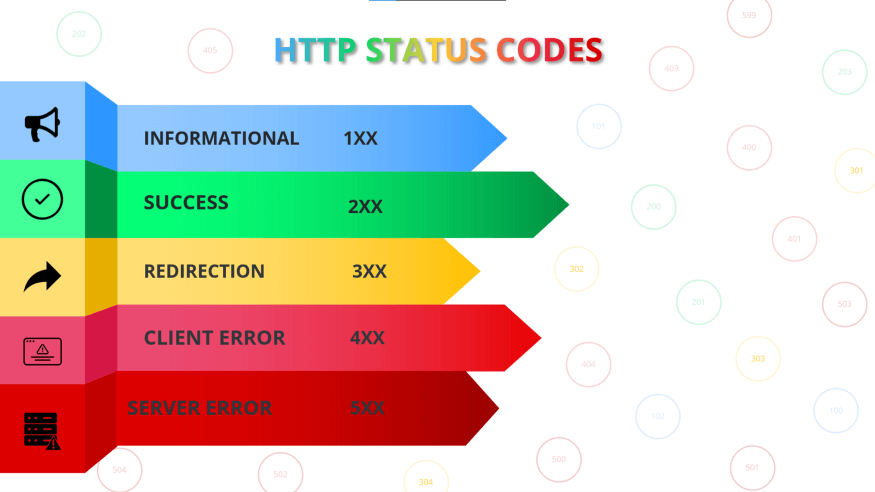




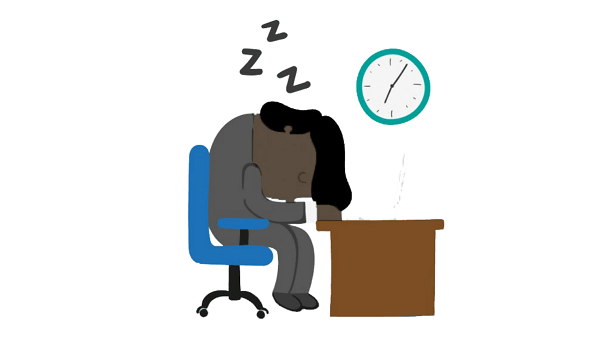
Post Comment